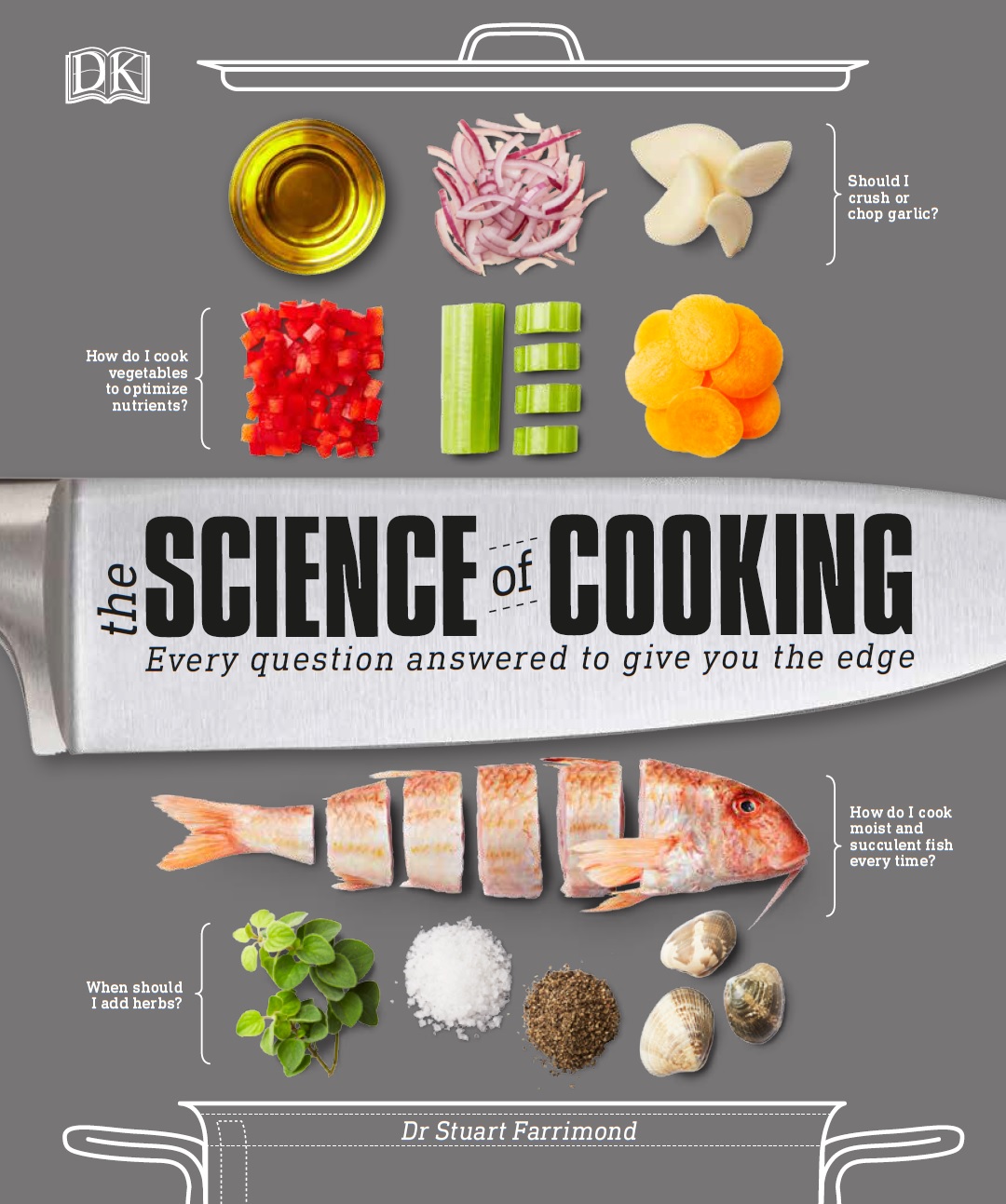 Bradley Wiggins has a lot to answer for. Not only has he single handedly shown the world that a man with facial hair can win cycling races, but he has also helped inspire a generation of fluorescent Lycra wearing cyclists – the likes of which now fill the UK’s roads.
Bradley Wiggins has a lot to answer for. Not only has he single handedly shown the world that a man with facial hair can win cycling races, but he has also helped inspire a generation of fluorescent Lycra wearing cyclists – the likes of which now fill the UK’s roads.
In 2012 – the year of his Tour de France fame – Bradley Wiggins stirred controversy when he publicly backed a law that would make bicycle helmets compulsory for all cyclists. At the time, a London cyclist had just been killed in a bus collision – but even that wasn’t enough to stop the wheels coming off Sir Wiggins’ well intentioned campaign. Most people think, like Bradley, that wearing a bicycle helmet is a no-brainer. The truth, however, is rather more twisty-turvy.
Several times have I been in the presence of a fist-waving motorist shouting profanities at a cyclist for not wearing a helmet. To them, bicycling with a naked head looks as bad as a child not wearing a seatbelt or a driver texting while on the motorway. For on the face of it, protecting one’s noggin with a hardened polystyrene shell is common sense. But, believe it or not, many people actually think it’s safer to ride without a helmet.
The dangers of bicycle helmets
So imagine yourself behind the wheel for a moment. You are driving to work and there is a cyclist ahead of you. As you overtake, how close to the cyclist to do think you think you will drive? In all likelihood, you will give the cyclist more room if they aren’t wearing a helmet. Or if they are a woman(!). Such a bias against helmet-wearers probably isn’t deliberate but it was discovered by a Bristol researcher who rode around the city in different regalia, recording how close cars drove. He measured that cars drove significantly closer when he wore a helmet and – amusingly – found that wearing a wig and looking like a woman also ensured that drivers also gave him a wider berth. (Make of that what you will!)
So serious accidents may be more likely for a cyclist who wears a helmet. And it may not just be drivers who are at fault. Some experts argue that the cyclists themselves make more risky swerves when they have a helmet – in the mistaken belief that their helmet gives them greater protection than it really does.
The stats don’t look good for Wiggins’ campaign either. Countries that have introduced cycle helmet laws have seen no significant reduction in cyclist injury and death rates. And the CTC, the UKs largest cyclists’ organisation, are also against helmet-wearing campaigns – claiming that enforcing helmet-wearing discourages people from ever getting on two wheels and taking some much needed exercise.
But all that said, I still choose to wear a helmet when on my bike. For even though a helmet may only protect the top of your head, I prefer the security of having one. Plus most medical organisations think they are sensible – the NHS, World Health Organisation and the Cyclists’ Highway Code all advise that cyclists should wear a helmet – especially for children.
I suspect that as helmet technology improves and roads become more cycle-friendly, the benefits of wearing a helmet will become clearer. Until then, however, whether or not a cyclist wears a helmet is a matter of personal preference – and not reason to trigger a motorist’s rage. As for cycle helmet laws for all cyclists, the jury is still out. Which, strangely enough, is how most of us feel about Bradley’s beard.
Thanks for reading – all opinions expressed are my own. Feel free to add your thoughts in the comments below.
Follow @realdoctorstu










A helmet saved my noggin twice in bike tumbles, and my wife got a pretty good concussion after a bike crash when she didn’t wear a helmet [her examining ER doctor was quite definite that a helmet would have done her a lot of good].
If some stats and a pretty subjective-sounding ‘study’ indicate otherwise….well, that’s a data point or two. I don’t think I’ll be changing my ways however. Similarly, I don’t see why the need to wear a helmet would prevent anybody from doing something as healthy [ignoring car exhaust] and enjoyable as cycling. Withal, I don’t think they should be compulsory…but neither should socialized health care, so that may be a problem too.
Posted by David | September 13, 2014, 4:06 pmHi David,
Thanks for commenting and sharing your experiences. I confess that until I dug into the data a bit, I hadn’t realised that there is such controversy about cycle helmet wearing - it seems such a sensible thing to do.
I think the CTC’s stance is slightly peculiar - to be against helmet wearing campaigns. I nevertheless think that increasing driver awareness of safe motoring (and courtesy!) alongside education to cyclists to promote good road sense will save more lives than any helmet law.
Posted by Stuart Farrimond | September 13, 2014, 9:21 pmI do wear a helmet, but I do also admit I don’t like wearing one. This is not the first article I have read citing no statistical evidence that helmet offers additional protection.
Now that I think of it, these articles are all from England. Interesting.
Makes me think about wearing one of those dashing, snappy bike caps from the pre-helmet era instead.
Posted by David T. LeBlanc | September 14, 2014, 4:29 pmI’ve seen many photos of crushed helmets after crashes. The rider was fine, the helmet was toast. Surely the riders head would have been crushed without the brain bucket. The article makes sense, but I wonder if surveys on cycling accidents take into account poor helmet fit and improper adjustment? I can’t tell you how many children I see with helmet tipped back on their head, forehead completely exposed. I, like the author, will continue to wear a helmet and use my decades old skills to keep the cars at a distance.
Posted by johnrboltonJohn | September 15, 2014, 12:56 pmThanks for your comment. Yes, in an impact helmets do provide protection. It would be interesting to know about helmet fitting, but I’m not sure how this would be done.
Interestingly, I believe that there are stats that show that in bicycle accidents a large number have poorly maintained brakes. I wonder whether more lives could be saved by trying to ensure cyclists have bikes that are adequately maintained?
Posted by Stuart Farrimond | September 15, 2014, 1:58 pm